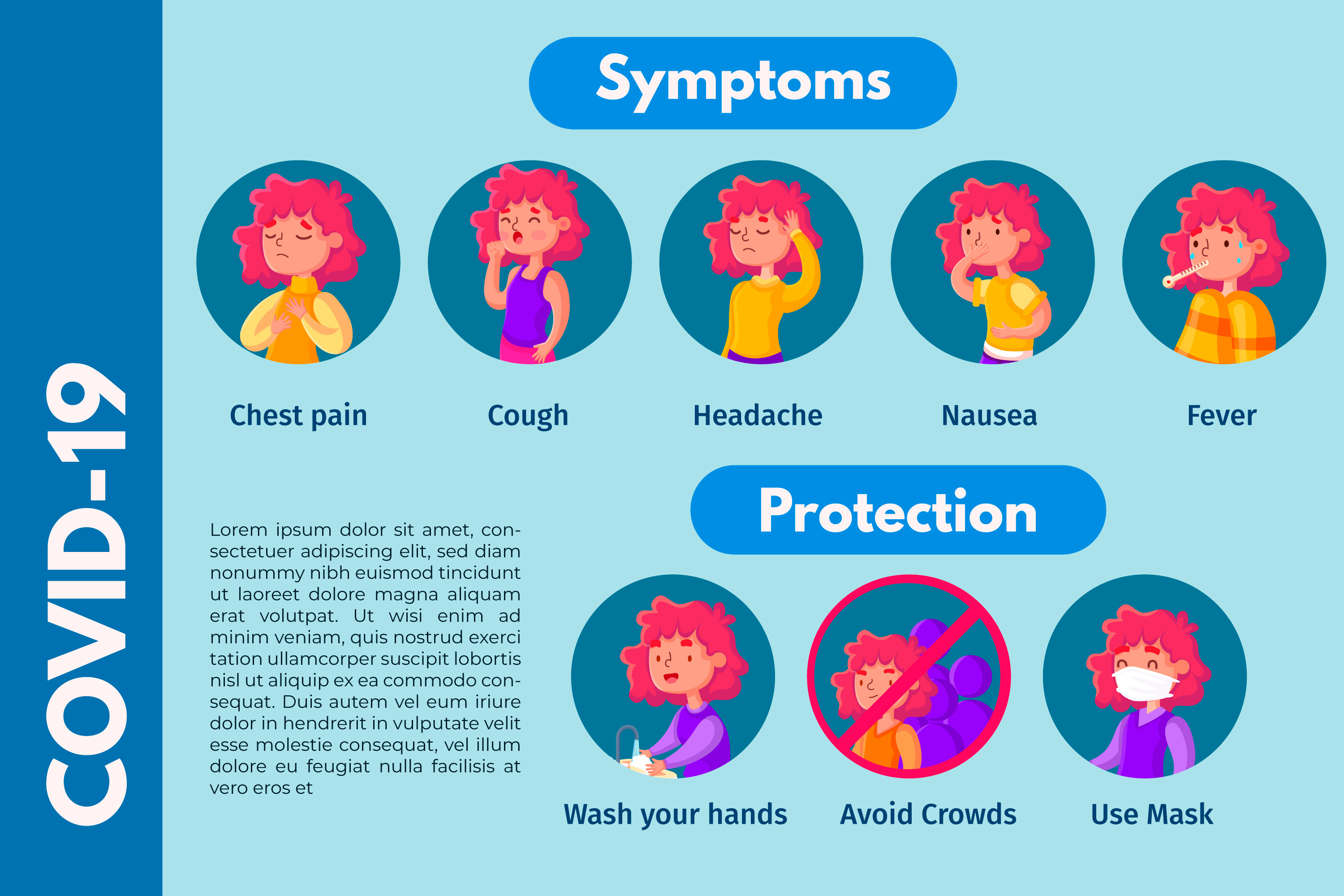
Allergic Rhinitis in Children: Symptoms and Management
Introduction: Allergic rhinitis, commonly known as hay fever, affects millions of children worldwide. It’s an allergic reaction that occurs when the immune system overreacts to allergens like pollen, dust mites, or pet dander. While it may seem like a minor nuisance, allergic rhinitis can significantly impact a child’s quality of life. Understanding its symptoms and management is crucial for parents and caregivers.
Symptoms:
Recognizing the symptoms of allergic rhinitis in children can be challenging as they often overlap with symptoms of the common cold. However, there are some key differences:
- Persistent Sneezing: Children with allergic rhinitis may experience frequent bouts of sneezing, especially after exposure to allergens.
- Runny or Stuffy Nose: A runny or congested nose is a common symptom. The nasal discharge is usually clear and watery.
- Itchy Eyes, Nose, or Throat: Children may complain of itching in their eyes, nose, or throat, which distinguishes allergic rhinitis from a cold.
- Watery Eyes: Irritation from allergens can lead to watery, red eyes, also known as allergic conjunctivitis.
- Fatigue and Irritability: Poor sleep due to nasal congestion and other symptoms can result in fatigue and irritability during the day.
Management:
While allergic rhinitis cannot be cured, its symptoms can be effectively managed to improve the child’s quality of life:
- Identify and Avoid Triggers: Work with your child’s doctor to identify the specific allergens triggering their symptoms. Once identified, take steps to minimize exposure, such as keeping windows closed during high pollen seasons or using allergen-proof covers on bedding.
- Medications: Over-the-counter or prescription medications can help alleviate symptoms. Antihistamines are commonly used to reduce sneezing, itching, and nasal discharge. Nasal corticosteroid sprays can help reduce inflammation and congestion.
- Allergy Shots (Immunotherapy): In cases of severe allergic rhinitis, allergy shots may be recommended. These shots gradually expose the child to increasing amounts of allergens, helping the immune system build tolerance over time.
- Nasal Irrigation: Saline nasal sprays or rinses can help clear nasal passages of allergens and mucus, providing relief from congestion.
- Healthy Lifestyle: Encourage your child to maintain a healthy lifestyle with regular exercise, balanced nutrition, and adequate hydration. A strong immune system can better withstand allergic triggers.
Conclusion:
Allergic rhinitis can significantly impact a child’s daily life, but with proper management, its symptoms can be controlled. By identifying triggers, utilizing medications, and making lifestyle adjustments, parents can help their children lead healthier, happier lives despite their allergies.
To seek medical advice, always consult a Doctor. Here are our recommended experts. Click here
To read more on Respiratory disease . Click Here


